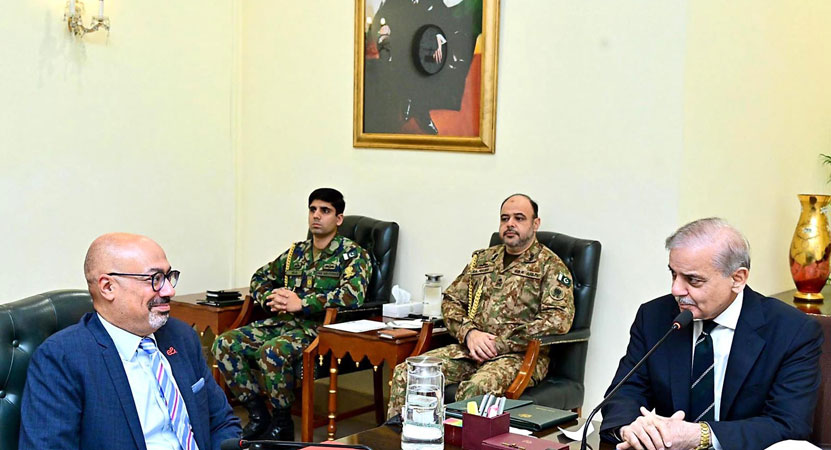Introduction to Pakistan’s AI-Powered Customs System
Pakistan has taken a significant step forward in modernizing its customs operations by launching the country’s first artificial intelligence-based Customs Clearance and Risk Management System (RMS). This initiative was announced by Prime Minister Muhammad Shehbaz Sharif during a meeting focused on reviewing ongoing reforms within the Federal Board of Revenue (FBR).
The new system is designed to leverage artificial intelligence (AI) and robotic process automation (BOTs) to assess the nature and cost of imported and exported goods. Officials have stated that the system will utilize machine learning to automate and refine customs processes over time, significantly reducing delays and minimizing human intervention.
Performance and Benefits of the RMS
Initial testing of the system has already shown promising results. There has been a 92% improvement in system performance, with tax determination through Goods Declarations (GD) increasing by 83%. Additionally, green channel clearances have more than doubled, indicating a major enhancement in efficiency.
The government anticipates that the RMS will bring about greater transparency, improve efficiency, and alleviate the workload on customs officials. The AI tools are expected to provide faster and more accurate assessments, saving valuable time for both authorities and traders.
Prime Minister Sharif emphasized that FBR reforms are a top priority, stating that automating the tax system would ensure fairness and convenience for taxpayers. He noted that the technology-driven system would make doing business easier and provide greater convenience to those involved.
Expansion of Tax Collection Technologies
In addition to the RMS, the Prime Minister reviewed new video analytics-based tax collection tools aimed at the manufacturing sector. These technologies are expected to enhance revenue collection without direct human involvement. During pilot tests, these tools demonstrated an impressive 98% efficiency rate.
The meeting was attended by several key figures, including Finance Minister Muhammad Aurangzeb, Information Minister Attaullah Tarar, FBR Chairman, and other senior officials. Their presence underscored the importance of the reforms being implemented by the FBR.
Strengthening Economic Ties with UAE
Separately, Prime Minister Shehbaz Sharif extended an invitation to Etisalat Group, a leading telecommunications company from the United Arab Emirates (UAE), to expand its investment portfolio across various sectors of Pakistan’s economy.
This invitation came during a meeting with a five-member delegation from Etisalat Group, led by its CEO Hatem Dowidar, in Islamabad. The Prime Minister highlighted that creating a business-friendly environment and offering more investment opportunities to foreign investors is one of the government’s top priorities.
He assured the Etisalat Group of all necessary facilities to support their investments in Pakistan. The Prime Minister also pointed out the long-standing relationship between the UAE and Pakistan, which is rooted in shared cultural and religious values. Many Emirati companies have been investing in the Pakistani economy for years.
On this occasion, the CEO of Etisalat Group expressed appreciation for the Prime Minister’s efforts in creating a favorable business environment for international companies in Pakistan. He mentioned that his company has been successfully operating in Pakistan for the past 19 years and is keen on expanding its business activities in the country.
The CEO also noted that over ten thousand Pakistanis are currently providing valuable services to the company, and they remain committed to making long-term and successful investments in Pakistan in the future.







